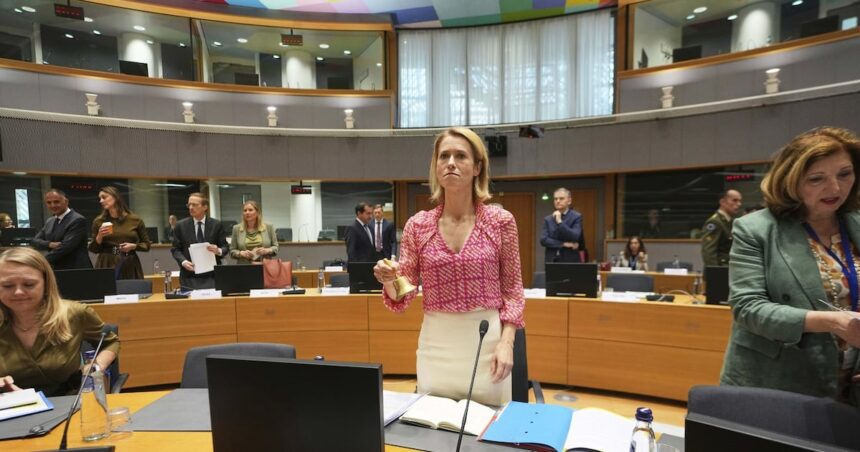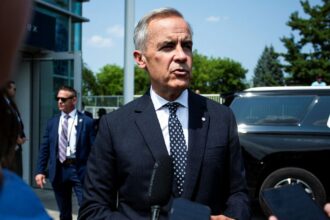In an unprecedented shift that has sent ripples through international broadcasting circles, the European Union announced yesterday a substantial emergency funding package to keep Radio Free Europe/Radio Liberty (RFE/RL) operational following significant budget cuts from the United States. This eleventh-hour intervention comes as the Cold War-era network faces what many analysts describe as its most existential threat since the fall of the Soviet Union.
The €75 million emergency allocation, approved in Brussels during a late-night session of the European Commission, aims to prevent immediate shutdowns of RFE/RL operations in critical regions including Ukraine, Belarus, and parts of Central Asia where independent journalism remains under constant pressure.
“We cannot allow this beacon of factual reporting to go dark at precisely the moment when disinformation campaigns are intensifying across Europe’s eastern borders,” said Margrethe Vestager, Executive Vice-President of the European Commission. “The network represents a vital information lifeline in regions where press freedom is systematically undermined.”
The crisis emerged after the U.S. Congress approved a 30% reduction in funding for the U.S. Agency for Global Media, RFE/RL’s parent organization, as part of broader budget restructuring. The cuts were finalized despite strong bipartisan objections from foreign policy specialists who warned about the geopolitical consequences.
Jamie Fly, President of RFE/RL, welcomed the European intervention while expressing concern about the long-term sustainability of the network. “While we deeply appreciate the EU’s commitment to our mission, a permanent solution requires renewed American leadership. Our journalists risk their freedom daily to deliver fact-based news in environments hostile to truth.”
The network, which broadcasts in 27 languages across 23 countries, has faced mounting challenges in recent years. Nine RFE/RL journalists have been imprisoned in Belarus alone, while its operations in Russia were effectively shuttered after authorities froze the organization’s bank accounts and declared it a “foreign agent” in 2021.
Canadian officials have expressed support for the EU initiative, with Foreign Affairs Minister Mélanie Joly stating that Ottawa is exploring potential contribution mechanisms. “Radio Free Europe represents the kind of principled journalism that aligns with Canada’s democratic values and commitment to press freedom.”
Media analysts note that the funding shift represents a significant change in transatlantic relations. Dr. Kathleen Jamieson of the Annenberg School for Communication told CO24 News: “We’re witnessing a pivotal moment where European institutions are stepping into spaces traditionally occupied by American soft power. This carries profound implications for how democratic values are projected globally.”
The emergency funds will maintain operations for approximately nine months, during which time EU officials hope to negotiate a more permanent financial structure involving multiple democratic partners. The arrangement marks the first time the European Union has taken a leading financial role in supporting the network since its inception in 1949.
As authoritarian regimes continue expanding sophisticated censorship apparatus and disinformation capabilities, what does this transatlantic realignment in media funding tell us about the future of information warfare in an increasingly fractured global landscape?










